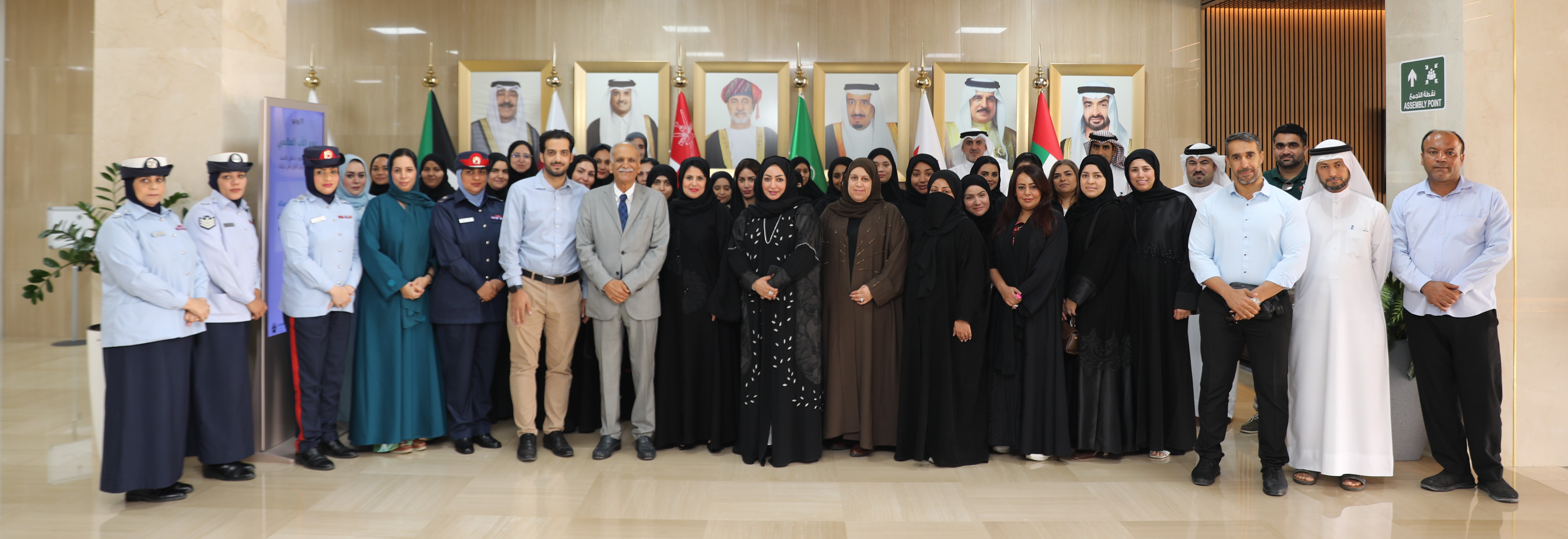
Dr Al-Ansari Affirms the Importance of Adapting Classroom Environments for Children with ADHD
Arabian Gulf University
10 Jul, 2025
Dr Ahmed Malallah Al Ansari, Professor of Psychiatry at Arabian Gulf University (AGU) and Child and Adolescent Psychiatry Consultant, affirmed the importance of adapting classroom environments and teaching strategies to support children with attention deficit hyperactivity disorder (ADHD). During a workshop organised by the AGU Centre for Community Service, Consultation, Training, and Continuing Education titled "Classroom Treatment for Children with ADHD," he discussed the challenges faced by these children, including difficulties with concentration, organisation, impulse control, and maintaining focus over extended periods. He pointed that tailored classroom treatments are essential to promote their learning, behavioural, and social development.
Dr Al Ansari highlighted the importance of educating teachers and all concerned parties about ADHD to foster understanding and prevent misinterpretation of behaviours as misbehaviour. Building a positive relationship between teachers and students is fundamental for effective intervention.
He stated, "Creating a suitable classroom environment for students with ADHD involves minimising distractions, such as seating students away from windows or doors, and positioning them close to the teacher for better guidance and supervision." He also stressed the use of visual and auditory cues to facilitate smooth transitions between activities.
"Breaking down long tasks into shorter, interconnected steps and utilising visual schedules or picture cards to illustrate the daily routine can significantly help students with ADHD,” he added, highlighting the necessity of providing clear, step-by-step instructions along with repetition to ensure they fully understand expectations.
On time management, Dr Al Ansari noted, "Visual timers can enhance children's awareness of time, while short breaks during lengthy activities help maintain focus and energy." He stressed positive reinforcement, suggesting immediate rewards such as stars, stickers, or verbal praise to motivate desired behaviours, and the implementation of reinforcement schedules like star charts for consistency.
He advised, "Minor, harmless inappropriate behaviours can often be ignored, while clear, logical consequences should be applied without yelling or threats. A consistent and predictable routine can help children with ADHD feel secure and supported.”
In terms of social development, Dr. Al-Ansari encouraged fostering positive peer relationships through cooperative play and teaching conflict resolution skills. He also highlighted the importance of ongoing collaboration with families and mental health professionals, noting, "Regular meetings with parents and psychologists are crucial to monitor progress, and external interventions, whether pharmacological or behavioural, may be necessary depending on each child's needs."
The workshop saw the participation of over 60 attendees, including representatives from the Ministry of Education, community service personnel from the Ministry of Interior, rehabilitation centres, and members of the Bahrain ADHD Society. It reviewed foundational topics such as classroom management, involving families and senior management, effective use of reinforcers, and organising the school environment.
The goal was to enhance the skills of educators, rehabilitators, and school administrators working directly with children with ADHD, thereby improving their educational experiences and outcomes.
